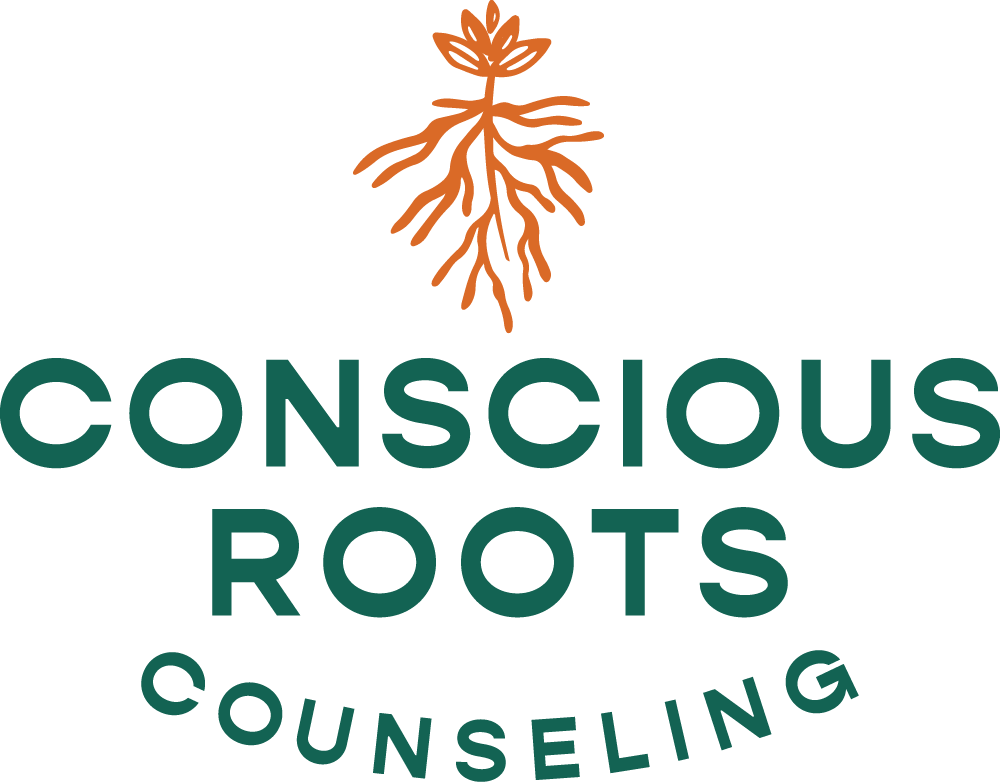New Moms and Wellness
Being a new mom isn’t easy but you probably already know that. Between the sleep deprivation, difficulty with feedings, sore breasts (if you’re breastfeeding), or finding the right formula (if you’re bottle-feeding), putting baby down to sleep, raging hormones, baby’s teething, or illnesses, it often drives new parents, particularly new moms, to tears.
Remember these four words: You. Are. Not. Alone.
It can be difficult to conceive that anyone else is struggling as much as you are but the truth is, most new mothers struggle in the first months to a year after having a baby. I know therapists aren’t supposed to give advice but here I go … don’t compare and despair. In other words, don’t compare yourself to the new mom on TikTok who’s donning the latest trend in hair, makeup and clothing, lost all her pregnancy weight within 2 weeks of delivery, is smiling ear to ear with a baby who started sleeping through the night on day 3.
Reality Check.
For one, breastfeeding can be really difficult and take time to perfect, if ever; many babies only sleep a couple hours at a time for the first few weeks; and many wake instantly after being placed down for sleep. The first weeks can feel like a never-ending cycle of feeding baby, changing diapers, and washing and preparing bottles (if bottle-feeding) only to restart the cycle, leaving little time for anything else. The good news is this cycle does end. It is merely a phase.
Four tips to help you cope with the reality that is New Motherhood.
First. Ask your partner for help. If you are home all day with baby while your partner is at work all day, don’t hesitate to ask them for help when they come home if you need it. Many new moms feel guilty asking their partners for help because they were “at work all day.” But what about you? What did you do all day? Eat bon bons and watch daytime TV? Heck no. You worked too but it was a different kind of work that demanded your total attention.
I would add that it’s also important to ask for and accept help from friends and relatives. Your friends and family are likely excited about your new little one and want to support you as best they can. Let them. It’s a win, win. Check out the Healthline.com article 12 Ways New Parents Can (and Should) Ask For Help.
Second. Be patient with yourself. Your body will take time to heal; losing your pregnancy weight will not be instant; feeling emotional post-partem is normal; and most things feel more difficult when we’re tired. Accept that it could be a few months before you start feeling human again. Don’t knock yourself while you’re down. Be your own biggest supporter.
Third. Your wellness depends on many things including what you eat and drink; quality of sleep; your connection with friends and family; exercise; fun and the quality of your relationship with your partner. Keep this in mind as you attempt to heal and adjust to your new norm. Your wellness will require you to lean on others for support so you can make space and time to focus on it. This won’t be instant. It will require you to consciously choose wellness as a focus. Little by little, you will have the opportunity to add more slices of it to your plate. Your baby depends on your wellness so don’t think of it as being selfish. Your baby benefits from having a mother who is well. If you need extra support, find a good therapist – Conscious Roots Counseling knows a few 😉.
If you’re still at a loss, Postpartum Support International (PSI) conducts free phone sessions. Call the PSI HelpLine at 1-800-944-4773 for basic information, support and resources.
Fourth. Aim for progress, not perfection. The “Good Enough Mother” is a term coined by pediatrician and psychoanalyst Donald Winnicott who said that mothers need only be good enough, not perfect. By this, Winnicott meant that mothers are good enough if they are sensitive and responsive to their children’s needs and developmental abilities. Know that each week will get a little easier and that some setbacks are to be expected.
Sadness, tearfulness, and some feelings of isolation are common. However, if you’re a new mother who is struggling to the point of wanting to harm yourself or your baby, call 988, or go to your nearest emergency room. More information and resources for Postpartum Depression can be found at the National Institute of Mental Health.
Additional Resources for New Moms and Parents
Duquesne University offers Resources for New Parents
If you’re local to Cincinnati, OH we recommend checking out:
